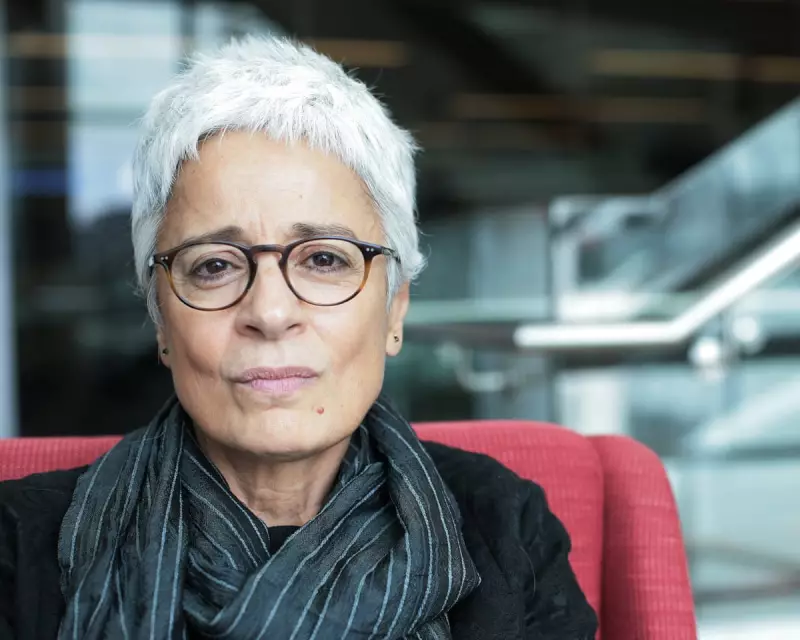
A former senior BBC executive has sounded the alarm over what he describes as a "serious threat" to the editorial independence of the BBC World Service, as the Ministry of Defence seeks greater involvement in funding the internationally respected broadcaster.
Defence Department's Growing Influence
According to internal sources, the Ministry of Defence is actively pushing for a more direct role in financing the BBC World Service, raising concerns about potential compromises to the service's renowned impartiality. The World Service, which broadcasts in over 40 languages to audiences exceeding 365 million people weekly, has long been regarded as a beacon of reliable journalism worldwide.
Robin Aitken, who served as a senior controller at the BBC for over 25 years, expressed grave concerns about this development. "Any move that brings the defence establishment closer to funding decisions risks creating the perception - if not the reality - of editorial influence," Aitken warned.
Historical Funding Model Under Scrutiny
The BBC World Service has traditionally received its funding through the Foreign Office, maintaining what many consider an appropriate distance from military and defence interests. This arrangement has helped preserve the service's credibility and trust among international audiences, particularly in regions where media freedom is limited.
The potential shift comes amid ongoing financial pressures and government spending reviews that have placed the World Service's funding model under increased scrutiny.
Implications for Global Perception
Media analysts suggest that closer defence funding ties could:
- Undermine the World Service's reputation for impartial reporting
- Create perception of being a propaganda tool rather than an independent news source
- Compromise journalist safety in hostile regions
- Reduce effectiveness in countries sceptical of Western military interests
A spokesperson for the BBC maintained that "editorial independence remains fundamental to all BBC operations," but declined to comment specifically on ongoing funding discussions with government departments.
Broader Concerns for Public Service Broadcasting
This development occurs against a backdrop of wider concerns about the future of public service broadcasting in the UK. Many media freedom advocates view the potential defence funding involvement as setting a dangerous precedent that could compromise the BBC's constitutional independence.
"The World Service's value lies in its credibility," Aitken emphasised. "Once that's damaged, it cannot be easily repaired. We must be extremely cautious about any arrangements that might call that credibility into question."
The ongoing discussions between government departments and BBC management are being closely watched by media observers and international broadcasting experts, who fear the potential consequences for one of Britain's most respected cultural exports.






